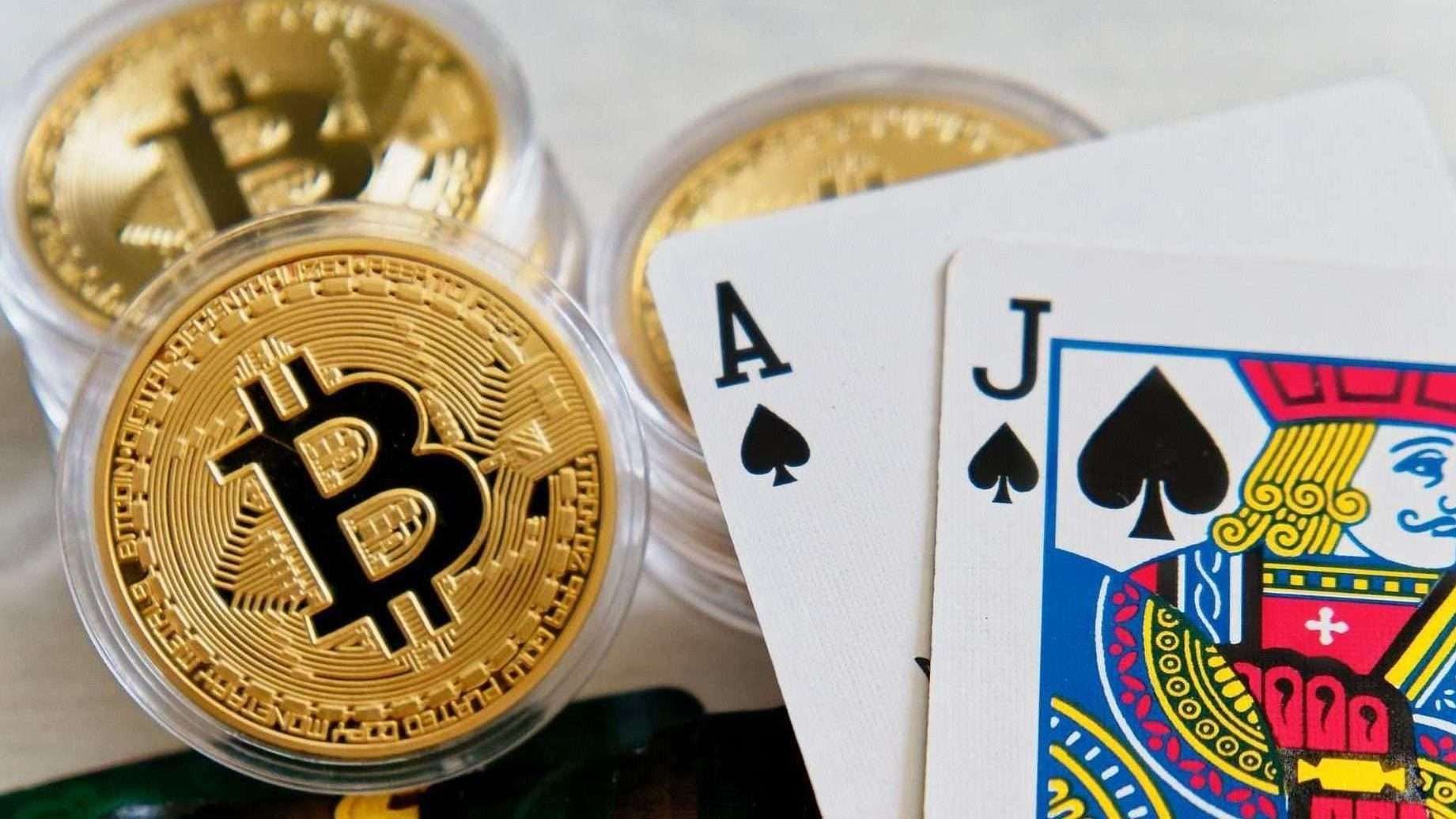The cryptocurrency market has captivated investors with the promise of life-changing gains, but the reality is that the allure of this volatile landscape can lead to a concerning behavioral addiction. Addicted to crypto trading, a growing phenomenon in 2024, shares striking similarities with gambling addiction and can have far-reaching consequences on one’s financial well-being, relationships, and overall mental health.
As cryptocurrency adoption continues to rise, with an estimated 36% of the population now participating in the market, healthcare professionals are witnessing an increasing number of individuals seeking help for their compulsive trading habits. Understanding the signs and symptoms of this addiction, as well as the strategies for supporting a loved one through the recovery process, is crucial for families and friends navigating this complex issue.
Unraveling the Mechanics of Crypto Addiction
Cryptocurrency trading addiction is characterized by an obsessive and uncontrollable urge to engage in the buying, selling, and monitoring of digital assets, despite the negative impact on one’s personal and professional life. Much like gambling addiction, the thrill of potential financial gains and the unpredictable nature of the crypto market can trigger the release of dopamine, a neurotransmitter associated with pleasure and reward.
Over time, the brain becomes accustomed to these dopamine rushes, leading the individual to crave the excitement and high that comes with successful trades. This can result in a vicious cycle of risk-taking, chasing losses, and financial ruin, as the person becomes increasingly detached from the real-world consequences of their actions.
Recognizing the Signs of Being Addicted to Crypto Trading
Identifying the signs of cryptocurrency addiction can be challenging, as the behavior may initially appear to be a legitimate investment strategy or a passionate hobby. However, there are several key indicators that may signal a deeper problem.
Behavioral Cues
One of the most apparent signs of crypto trading addiction is an excessive amount of time spent researching, monitoring, and trading cryptocurrencies, often to the detriment of other responsibilities. This obsessive behavior can lead individuals to neglect their work, personal relationships, and even basic self-care.
Additionally, individuals struggling with crypto addiction may begin to hide or lie about the extent of their trading activities, either out of shame or an attempt to maintain a facade of control. They may also take increasingly risky financial actions, such as borrowing money or selling assets to fund their trading habits.
Mood swings, irritability, and anxiety when unable to engage in trading can also be telltale signs of an underlying addiction.

Emotional Toll
The emotional impact of cryptocurrency trading addiction can be significant. Individuals may feel depressed, anxious, or hopeless about their financial situation due to trading losses, leading to a sense of despair and hopelessness.
Withdrawal, isolation, and secrecy are common as the individual becomes increasingly consumed by their trading activities. They may also experience a sense of shame or guilt about their compulsive behavior, further exacerbating the problem.
Supporting Your Loved Ones Recovery
Navigating the path to recovery from cryptocurrency addiction can be a daunting task, but the support of family and friends can make a significant difference. Approaching your loved one with empathy and understanding, rather than judgment or blame, is crucial.
Fostering Compassion and Understanding
Recognize that addiction is a complex issue, and your loved one may be struggling to regain control. Approach them with compassion, acknowledging the challenges they are facing and offering encouragement throughout the recovery process.
Establishing Healthy Boundaries
Setting clear boundaries is essential to protect both you and your loved one. This may include refusing to lend money or bail them out of financial trouble, and encouraging them to seek professional help. By establishing these boundaries, you can help your loved one take responsibility for their actions and work towards a sustainable recovery.
Encouraging Professional Intervention
Suggest that your loved one speak with a therapist or counselor specializing in behavioral addictions, such as gambling or cryptocurrency trading. These professionals can provide evidence-based treatment, including cognitive-behavioral therapy and support groups, to help the individual address the underlying causes of their addiction.
Providing Ongoing Support
Remain supportive and engaged throughout the recovery process. Attend support group meetings with your loved one, celebrate their successes, and be patient as they navigate the ups and downs of their journey. Your consistent presence can be a powerful source of strength and motivation.
Resources for Families and Friends
If you or a loved one is struggling with cryptocurrency addiction, the following resources can provide valuable support and guidance:
- – A 12-step program for individuals struggling with gambling addiction, which can also be applied to cryptocurrency trading addiction.
- – Provides free, confidential support and referrals for individuals and families affected by gambling and cryptocurrency trading addiction.
- – A science-based addiction recovery program that offers online and in-person support groups, including for behavioral addictions like cryptocurrency trading.
- – Provides resources and referrals for financial counseling and debt management services.
The Dual Battle: Crypto Addiction and Mental Health
Cryptocurrency trading addiction can have a significant impact on an individual’s mental health. The constant stress and anxiety associated with monitoring market fluctuations, making risky trades, and dealing with financial losses can lead to the development of co-occurring mental health issues, such as depression, anxiety, and even suicidal ideation.
It’s important to recognize that addressing the addiction alone may not be enough. Individuals struggling with crypto trading addiction may also require specialized mental health treatment to address the underlying emotional and psychological factors that contribute to their compulsive behavior.
The Path Forward: Regulation, Education, and Community Support
As the cryptocurrency market continues to evolve, the need for increased regulation and consumer education becomes more apparent. Governments and financial institutions must work together to implement stricter guidelines and safeguards to protect vulnerable individuals from the risks of crypto trading addiction.
Additionally, proactive educational campaigns that raise awareness about the dangers of compulsive trading and provide resources for those seeking help can play a crucial role in mitigating the spread of this growing problem.
By fostering a supportive community and advocating for greater awareness and understanding, we can empower individuals and their loved ones to navigate the complex landscape of cryptocurrency trading and overcome the allure of addiction.

The Impact on Families and Friends
Cryptocurrency addiction doesn’t only affect the individual; it can also have a profound impact on their loved ones. Family members and friends may experience a range of emotions, from worry and frustration to feelings of helplessness and betrayal.
The financial consequences of crypto addiction can also take a toll on the entire family, as they may feel the strain of depleted savings, unpaid bills, or even legal troubles. Navigating these challenges requires open communication, patience, and a commitment to the individual’s recovery.
Overcoming Relapse and Building a Sustainable Recovery
Relapse is a common occurrence in the recovery process, and it’s essential to have a plan in place to address it. This may involve intensifying therapy, seeking additional support, or adjusting the individual’s treatment plan.
Ultimately, building a sustainable recovery from cryptocurrency addiction requires a multifaceted approach that addresses the physical, emotional, and social aspects of the addiction. By incorporating healthy coping mechanisms, developing alternative hobbies and interests, and fostering a strong support network, individuals can reclaim their lives and break the cycle of addiction.
FAQ
Q: What if my loved one doesn’t want help? A: It’s important to respect their autonomy, but you can continue to express your concern and offer support. You can also encourage them to speak with a therapist or counselor to explore their options.
Q: How can I protect myself from financial ruin? A: Set firm boundaries around lending money or providing financial assistance. Consider consulting with a financial advisor to protect your own finances.
Q: What if my loved one is in denial about their addiction? A: Gently but firmly address your concerns. You can share this article with them or suggest they speak with a professional.
Conclusion: Reclaiming Life from Crypto Addiction
Cryptocurrency addiction is an emerging challenge that can have devastating consequences for individuals and their loved ones. By understanding the signs of this behavioral addiction, offering compassionate support, and encouraging professional intervention, families and friends can play a vital role in helping their loved ones regain control and reclaim their lives.
Remember, recovery is possible, and with the right resources and support, your loved one can overcome the grip of cryptocurrency addiction and rebuild a fulfilling, balanced life. By addressing this issue head-on and advocating for greater awareness and regulation, we can work towards a future where the promise of the cryptocurrency market is not overshadowed by the perils of addiction.

